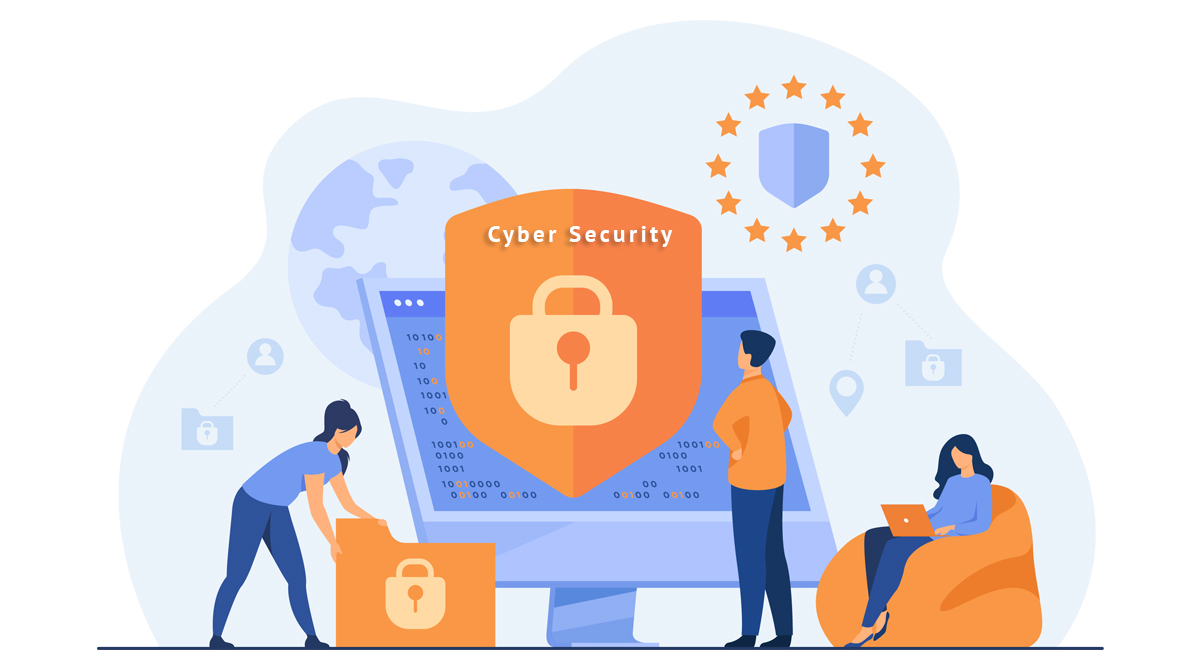Parents should be aware of online threats and know how to approach their kids and teenagers, avoid them to ensure their children's and teens' internet safety.
Just about every child and adolescent has internet access. They interact in online games or on their smartphones in the same way that they would in a play area. They are primarily part of a digital community. However, there seem to be consequences and risks in any community.
Parents seem to be the best people to keep an eye on their children's online activities. They are the grownups to whom most children will turn when they are exposed to online dangers. To protect your kids or teenagers from digital threats, you must first understand what they do online.
1. Teach Your Children About Cybersecurity As Well As Online Dangers
You would like your children to use the Internet and benefit from the educational opportunities it provides, but you also need them to be secure. To do so, you'll need to explain cyberattacks and how to recognise them in simple, kid-friendly language.
Whenever it comes to cybersecurity, education is critical during the learning experience, and parents should talk to their kids about safe Internet surfing, malignant sites they can visit, and different types of online bullying. The more freely you discuss cyberattacks with your children about their online activities, the easier it will be for them to comprehend what they are seeing or understand online.
2. Be Compassionate And Pay Attention To Your Children
Allow them to instruct you. Remaining online can be difficult, and we never know where a conversation or comment will lead or who we will meet on social networking sites.
You can check your children's computers, smartphones, and other Internet-connected gadgets regularly, but listening to them is more important. But, realistically, what do we know regarding our children? Not much, so there will always be ways to avoid our notice.
As a result, we strongly recommend you exercise patience and pay attention to your children. Allow them to educate you on the social media sites they are using or the most recent YouTube video that made headlines.
Rather than wasting time snooping on their computers and wanting to understand their browser history, it is by far the simplest way to gather information regarding their internet habits.
So just pay attention to them. Assume you do not know enough about the Internet and allow them to begin talking. Trying to pretend to be a teacher is one of the most exciting activities for kids. Not to recognise the confidence they develop in themselves and, eventually, in you as a parent.
3. Supervise Your Child's Internet Activity With Parental Control Systems
It's hard for parents to monitor their children's online activities due to the growing number of gadgets they use to connect with the Internet. Apps for parental control can be useful. They're a great way to keep track of your kids' online activities and keep an eye on what they're up to on their smartphones and tablets.
Such software solutions serve as internet guardians for parents, allowing them to accurately track their children's Web activity, keep a record of visited sites, regulate Internet connection hours, restrict malicious websites, and notify any unexpected online activity.
4. Set Web Browsing Limits And Time Constraints For Your Children
While the Internet may be a great world for children, most parents are worried about their children's hours spent there. If you realise your child is becoming addicted to staying up late to use the Internet, it may be time to set Online activity limits and time constraints. Clarify how much time they have to devote to their desktop or laptop.
Parents must also make it clear to their children what they can and cannot do while online.
5. Do Not Allow Children To Use The Internet Without First Installing An Anti-malware Program
Slowdowns, pop-ups across the screen, latest toolbars, a change in the default engine, or arbitrary error messages may be red flags of a malware infection.
Antivirus software is no longer sufficient to prevent the risk from next-generation malware. We suggest using an anti-malware solution as an extra layer of security to safeguard your digital content to keep your kids safe online.
6. Online Routines Have Real-world Ramifications
As difficult as it may be for children to comprehend the dangers of being online, cybersecurity information is crucial in today's world. We must instruct them not to speak to strangers online, how to tell the difference between fraudulent and non - fraudulent news, and what the most common security risks are.
These Are The Best Ways To Protect Your Kids On The Internet: To improve our family's security policy, we should make a variety of choices and choices, but first, we must figure out what we are worried about. Limits may improve our internet security strategy, but they also risk impeding our children's natural growth as they grow up in a world of technology.







